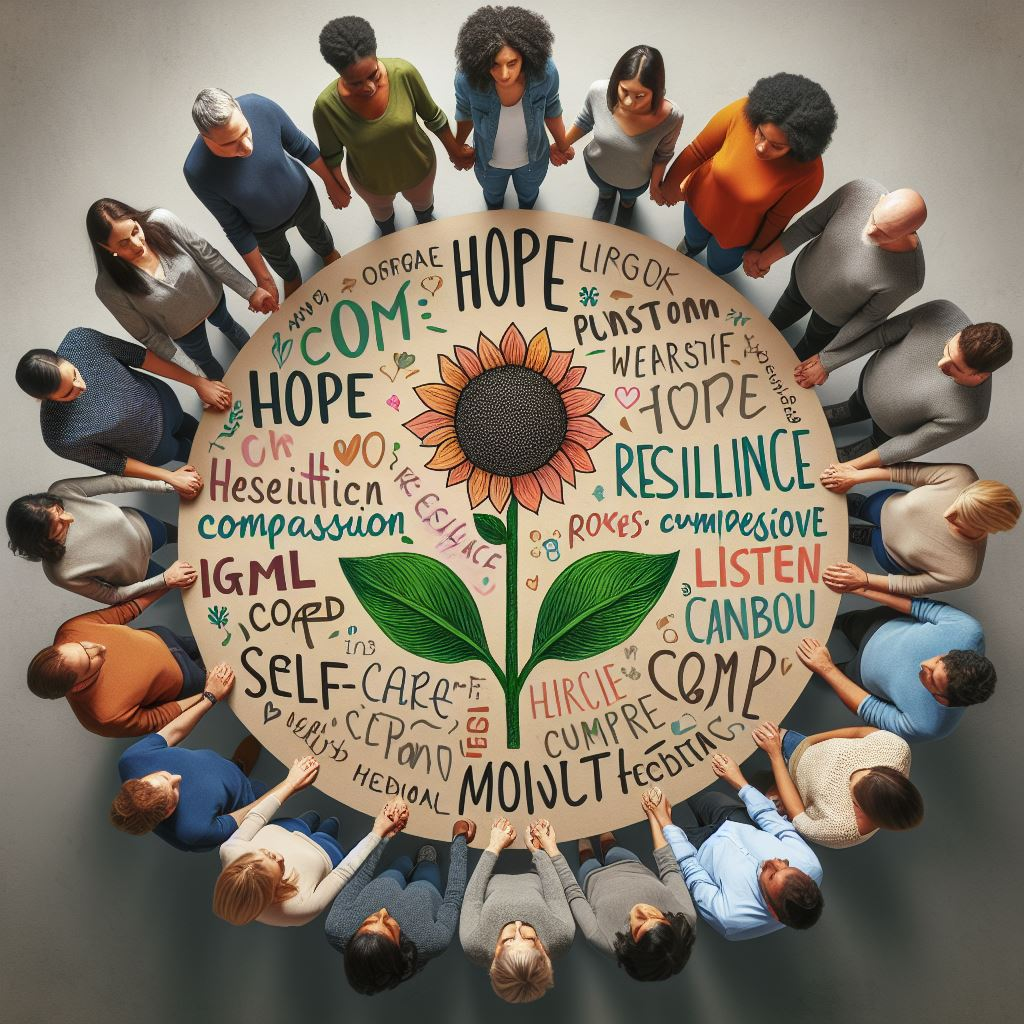Introduction
Mental health is a critical component of our overall well-being, encompassing our emotional, psychological, and social health. It affects how we think, feel, and act, influencing our ability to handle stress, relate to others, and make choices. This guide aims to provide a thorough understanding of mental health, its importance, and ways to maintain it.
Guide to Mental Health
Chapter 1: Understanding Mental Health
Mental health is often misunderstood as simply the absence of mental illness. However, it’s much more than that. It’s about maintaining a balance in all aspects of life: social, physical, spiritual, economic, and mental. At times, this balance is hard to maintain, leading to a state where our mind doesn’t function as well as it should.
Section 1.1: The Mind-Body Connection
The connection between the mind and body is powerful. Our thoughts and emotions can physically affect our bodies, and vice versa. Stress, for example, can lead to physical health issues like high blood pressure, while chronic illnesses can lead to mental health problems like depression.
Section 1.2: Emotional Well-being
Emotional well-being involves the ability to manage one’s feelings and related behaviors, including the realistic assessment of one’s limitations, development of autonomy, and ability to cope effectively with stress.
Chapter 2: Recognizing Mental Illness
Mental illnesses are health conditions involving changes in emotion, thinking, or behavior (or a combination of these). They are associated with distress and/or problems functioning in social, work, or family activities.
Section 2.1: Common Mental Health Disorders
- Depression: A common but serious mood disorder that affects how you feel, think, and handle daily activities.
- Anxiety Disorders: A group of mental illnesses that cause constant and overwhelming anxiety and fear.
- Bipolar Disorder: A disorder associated with episodes of mood swings ranging from depressive lows to manic highs.
- Schizophrenia: A disorder that affects a person’s ability to think, feel, and behave clearly.
Chapter 3: Maintaining Mental Health
Maintaining mental health is not just about preventing or treating mental illness. It’s also about living a fulfilling life, having meaningful connections, adapting to change, and coping with adversity.
Section 3.1: Strategies for Good Mental Health
- Self-care: Engage in activities that promote well-being and reduce stress.
- Exercise: Regular physical activity can improve mood and reduce symptoms of mental illness.
- Nutrition: A balanced diet can positively affect your mental health.
- Sleep: Adequate sleep is a critical part of a healthy lifestyle.
Chapter 4: Seeking Help

Knowing when to seek help is a sign of strength. If you or someone you know is struggling, it’s important to get help.
Section 4.1: Professional Help
- Therapists: Can provide support and teach coping strategies.
- Psychiatrists: Medical doctors who can prescribe medication and offer therapy.
- Support Groups: Offer a space to share experiences and coping strategies.
Chapter 5: The Role of Society
Society plays a crucial role in shaping our mental health. From the stigma that surrounds mental illness to the availability of mental health services, societal factors can significantly impact our well-being.
Section 5.1: Reducing Stigma
Educating the public about mental health and promoting acceptance can reduce the stigma and discrimination associated with mental illness.
Chapter 6: Resources and Further Reading
For those looking to explore mental health further, numerous resources are available, including books, websites, and community services.
Section 6.1: Recommended Books
- “Understanding Mental Health: A Comprehensive Guide” available on Amazon provides an in-depth look at mental health.
This guide is intended to be a starting point for understanding mental health. It’s important to remember that mental health is a complex, nuanced subject, and this guide cannot cover every aspect. For personalized advice, always consult a healthcare professional.
Remember, taking care of your mental health is a journey, not a destination. It’s about making choices every day that will lead you in the right direction. It’s okay to ask for help, and it’s okay to struggle. What’s important is that you’re not alone, and there are resources available to help you on your path to well-being.
